One major benefit of technology and the modern world is seeing how our inventions help people. Our society has created apps and devices that can help autistic children perform basic tasks that are otherwise incredibly difficult or impossible to perform.
Children with autism have difficulty focusing on one task at a time without getting distracted. Technological devices such as iphones, tablets, computers, televisions, etc. help this issue by stimulating multiple senses at once.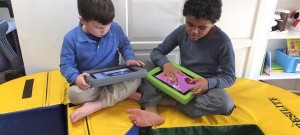 A video game has the ability to stimulate both your eyes and your ears. While a book really only stimulates your eyes.
A video game has the ability to stimulate both your eyes and your ears. While a book really only stimulates your eyes.
Another issue that autistic children have is staying still. It’s been proven that they learn and work much better when they’re moving. Even if they’re doing something that just requires moving their hands such as drawing, using stress balls, typing, etc. This goes right along with the fact that they can’t focus on one task. Their bodies and minds must be both be fully stimulated to productively promote learning.
Autism often goes hand-in-hand with poor social skills. For children specifically, it’s difficult to make eye contact, read other people’s emotions, communicate and express their own feelings. This seriously limits the amount of meaningful connections they can make with people. In the case of Jong-Hyun, his inability to make eye contact was a major issue in his relationship with his mother. Watch this short clip (just a warning: it almost made me cry) and you’ll see what I’m talking about:
https://www.youtube.com/watch?v=vNr1kS1ksP8
As you can see in the video, Samsung has collaborated with doctors and professors a to create an app called Look At Me. It’s a series of “missions” which are basically games designed specifically to help autistic children with reading facial expressions, expressing their own emotions and making eye contact.
The app was tested on twenty children over the course of eight weeks. During this time, the students played a variety of games. For example, there’s a game that places faces of multiple people in small dots over the eyes of a different person. The student has to identify which person’s face is in the dot. This helps improve facial recognition and also making eye contact.
Another game, as shown above, displays multiple different faces with multiple different emotions. The child has to identify happy and sad faces from this line-up. This helps the kids recognize emotions.
Of the twenty children that were trained with Look At Me, sixty percent showed improvements.
Many autism suffers have difficulties dealing with unpredictability. Technology is one of the most predictable parts of our world. You press a button and it will do something. Every time you press that same button, it will do that same something. This isn’t the first time that technology has been used to aid in the development of autistic children and I’m sure it won’t be the last.

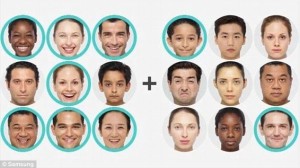
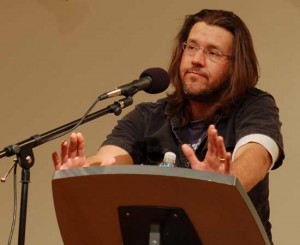
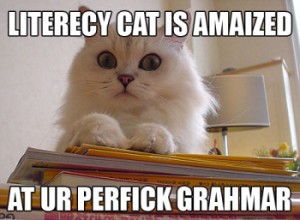
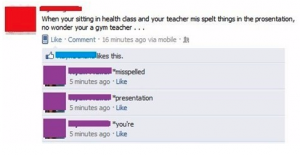
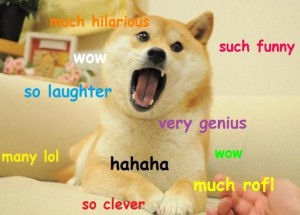

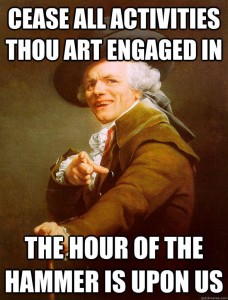





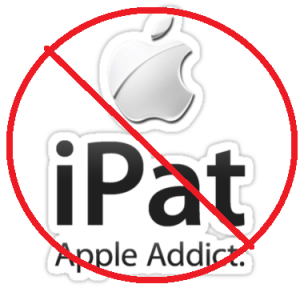
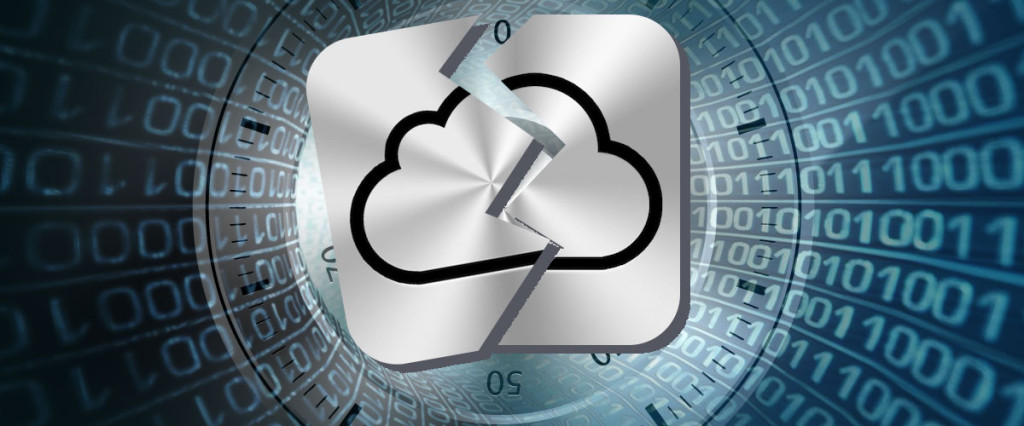

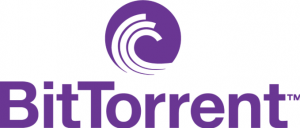

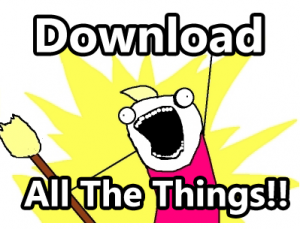 ways that your IP address can be obtained, allowing hackers to get into your computer or allowing yourself to get caught for
ways that your IP address can be obtained, allowing hackers to get into your computer or allowing yourself to get caught for